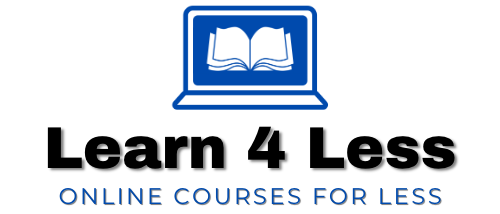Introduction: In this lesson, we will explore the crucial concepts of whistleblower protection and coercion prevention within the context of the trucking industry. Whistleblowers play a vital role in reporting unsafe practices, violations, and unethical behavior, while coercion prevention ensures that individuals are not intimidated or pressured into keeping quiet. By understanding your rights, responsibilities, and the implications of these practices, you can contribute to a safer and more transparent industry. Let’s delve into the concepts and techniques that will help you grasp the significance of whistleblower protection and coercion prevention.
Lesson Objectives: By the end of this lesson, you will be able to:
- Understand the importance of whistleblower protection and coercion prevention in the trucking industry.
- Recognize the rights and responsibilities of whistleblowers.
- Learn techniques for identifying coercion and responding appropriately.
- Comprehend the significance of maintaining transparency, ethics, and accountability.
Section 1: Importance of Whistleblower Protection
1.1 Safeguarding Transparency Whistleblowers help expose unsafe practices and violations, enhancing transparency.
1.2 Encouraging Accountability Whistleblower protection encourages individuals to report unethical behavior without fear of retaliation.
Section 2: Rights and Responsibilities of Whistleblowers
2.1 Reporting Violations Whistleblowers have the right and responsibility to report violations to appropriate authorities.
2.2 Protection Against Retaliation Whistleblowers are protected from retaliation, such as job loss or harassment, under federal laws.
Section 3: Techniques for Identifying Coercion and Responding
3.1 Recognizing Coercion Coercion involves pressure, intimidation, or threats to prevent whistleblowing.
3.2 Documenting Incidents Keep records of any coercion attempts, including dates, individuals involved, and context.
3.3 Seeking Support If you experience coercion, seek legal advice or contact relevant authorities for assistance.
Section 4: Significance of Transparency, Ethics, and Accountability
4.1 Ethical Trucking Practices Maintain a commitment to ethical behavior and contribute to a responsible industry culture.
4.2 Transparency and Accountability Promote transparency and accountability by reporting violations and unsafe practices.
Conclusion: Whistleblower protection and coercion prevention are vital components of a responsible and transparent trucking industry. By understanding the importance of these practices, recognizing your rights and responsibilities as a whistleblower, learning to identify coercion, and embracing the values of transparency, ethics, and accountability, you contribute to creating a safer and more responsible industry environment. Remember, your willingness to report violations and stand against coercion not only promotes your own well-being but also enhances the integrity of the industry as a whole.
